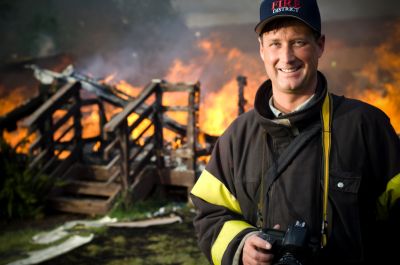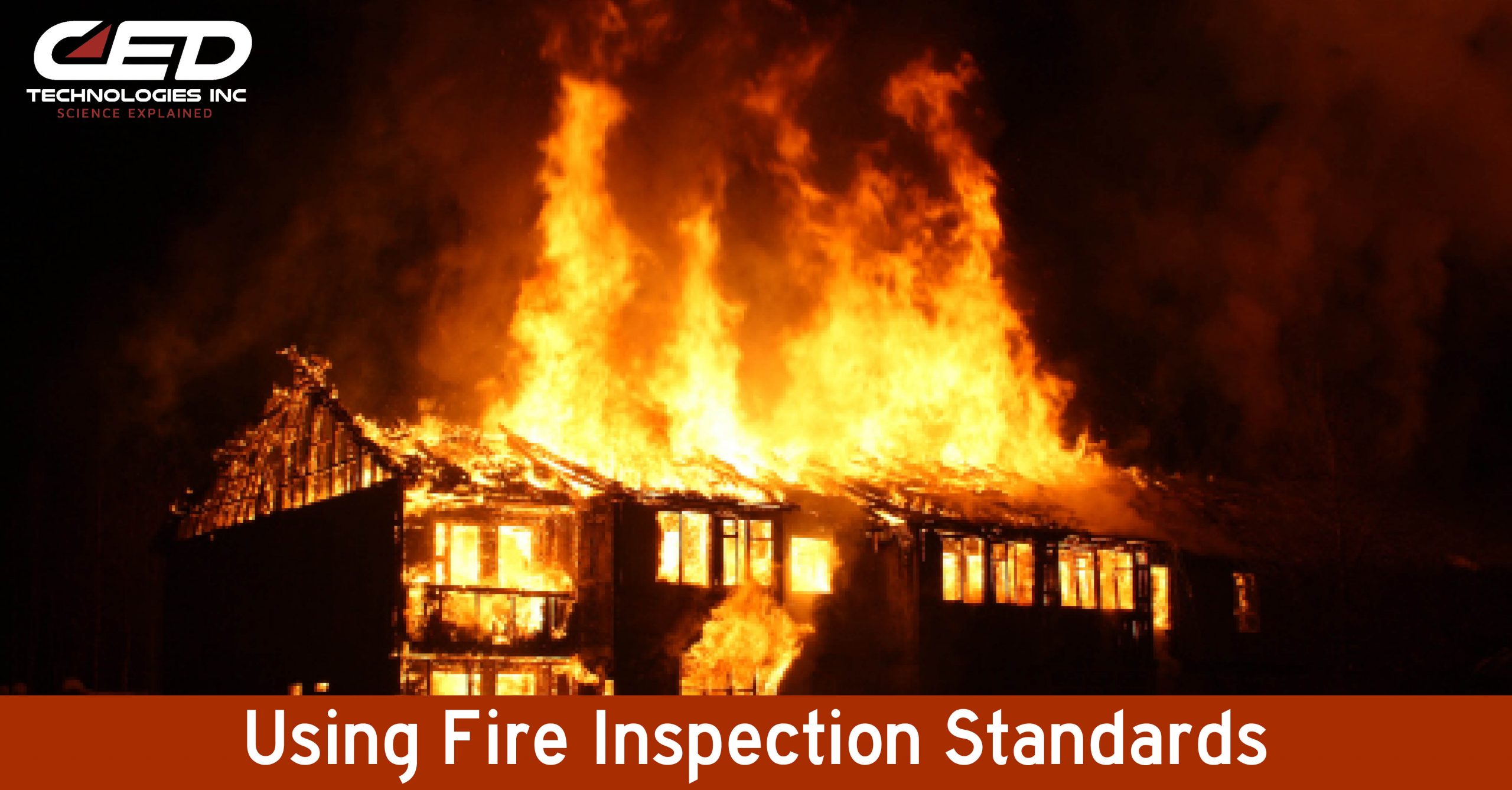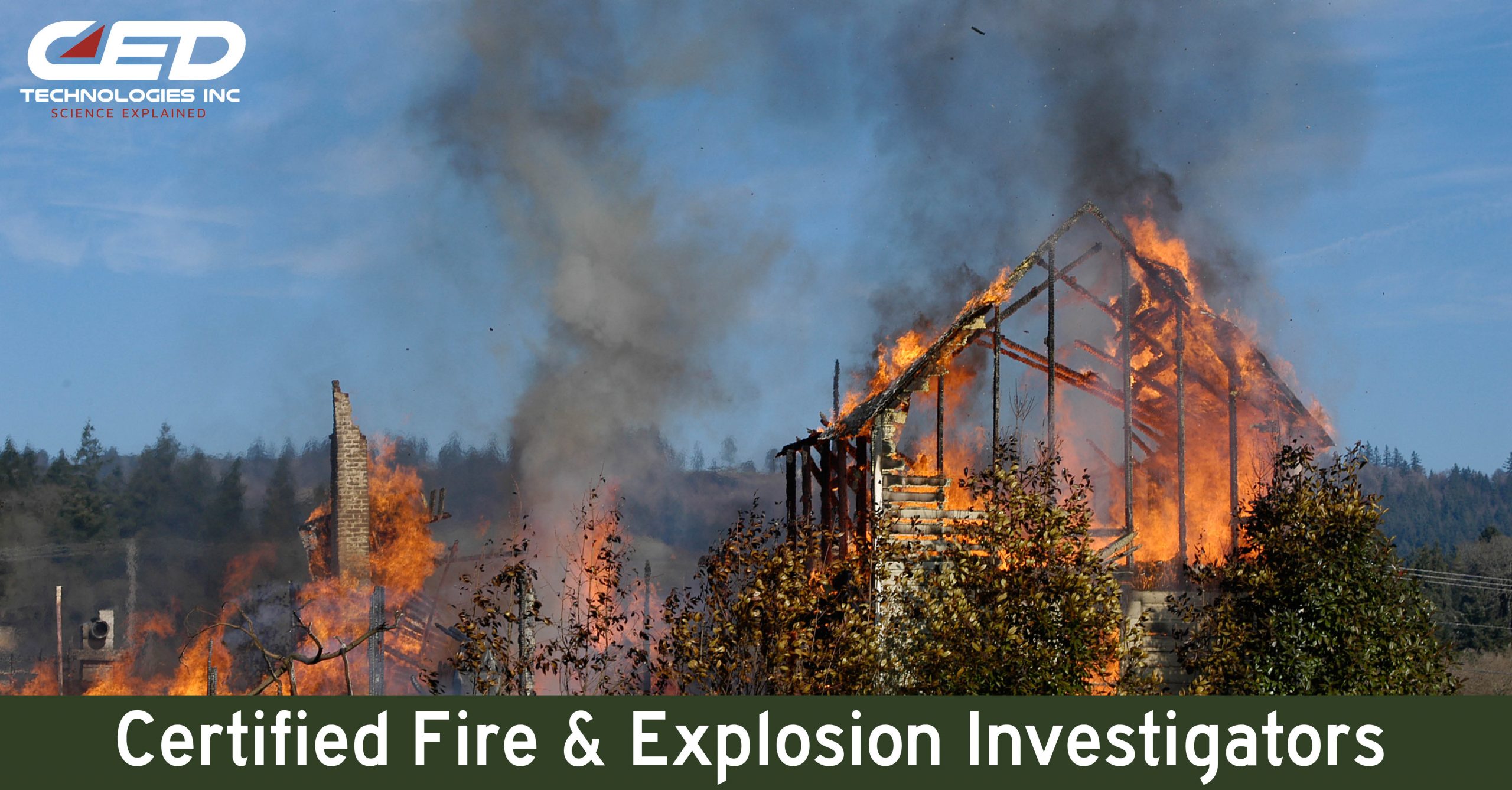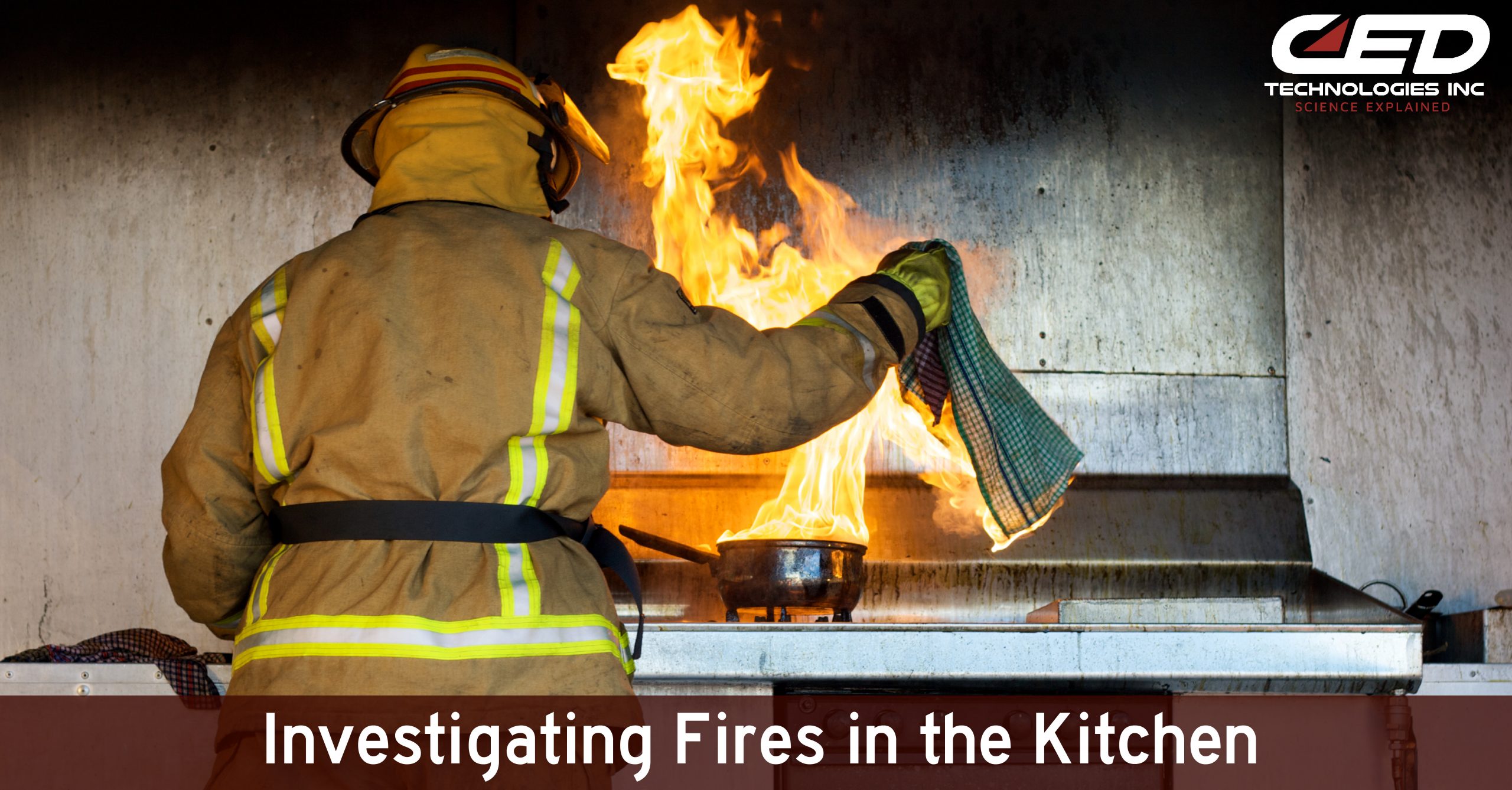If you have ever worked on a case or a claim involving a fire or an explosion, chances are you’ve seen one or more acronyms attached to the investigators’ names, such as CFI, CFEI or CVFI. These certifications typically require classroom or online training and the passage of a test. But what comes next? Can anyone with the training involved to get the title of “fire investigator” qualify as a fire expert?
When it comes to fire litigation, the National Fire Protection Association (NFPA) 921 Guide for Fire & Explosion Investigations is typically looked at as the Bible for the investigation of fires and the determination of their origin and cause. Investigators who do not follow the standards of care outlined in NFPA 921 risk having their opinions challenged or thrown out. Fire investigators’ qualifications, however, are not challenged as often. Typically, investigators who are “certified fire investigators” (CFI) or certified fire and explosion investigators (CFEI) are automatically given expert status. There is more to consider, however.
NFPA 1033, the Standard for Professional Qualifications for Fire Investigator, requires fire investigators meet specific requirements to qualify as experts in fires and explosions. NFPA 1033 is not as widely known as NFPA 921, and is often overlooked by attorneys in cases involving fire litigation, but its purpose is to “specify the minimum job performance requirements for service as a fire investigator in both the private and public sectors”. NFPA 1033 sets forth numerous job performance requirements that some fire investigators may not meet. It could be also used by an adverse party to challenge a fire investigator’s qualifications where they likely will be unable to present their opinions in either criminal or civil court proceedings, and lead to an allegation of evidence spoliation.
Although NFPA 1033 is not designed to set forth the minimum knowledge requirements to become a fire investigator, it does address continuing education requirements. Section 1.3.6 requires that a fire investigator remain current by attending “workshops and seminars and/or through professional publications and journals.” Professional fire investigators need to be trained to the ever changing standards of NFPA 1033 which typically has a five-year renewal cycle. If your expert’s education and certifications are not current, their findings may not be admissible. Is this a chance you’re willing to take?
CED Technologies, Inc. has several qualified fire investigators who are up-to-date with NFPA requirements. These experts regularly attend training sessions and seminars to remain current with ever-changing standards.
Featured Engineer: Douglas Hrobak, M.S.M.E., P.E., CFEI, Mechanical Engineer
Submit a case or claim online.
Contact a CED Engineer in your region.






